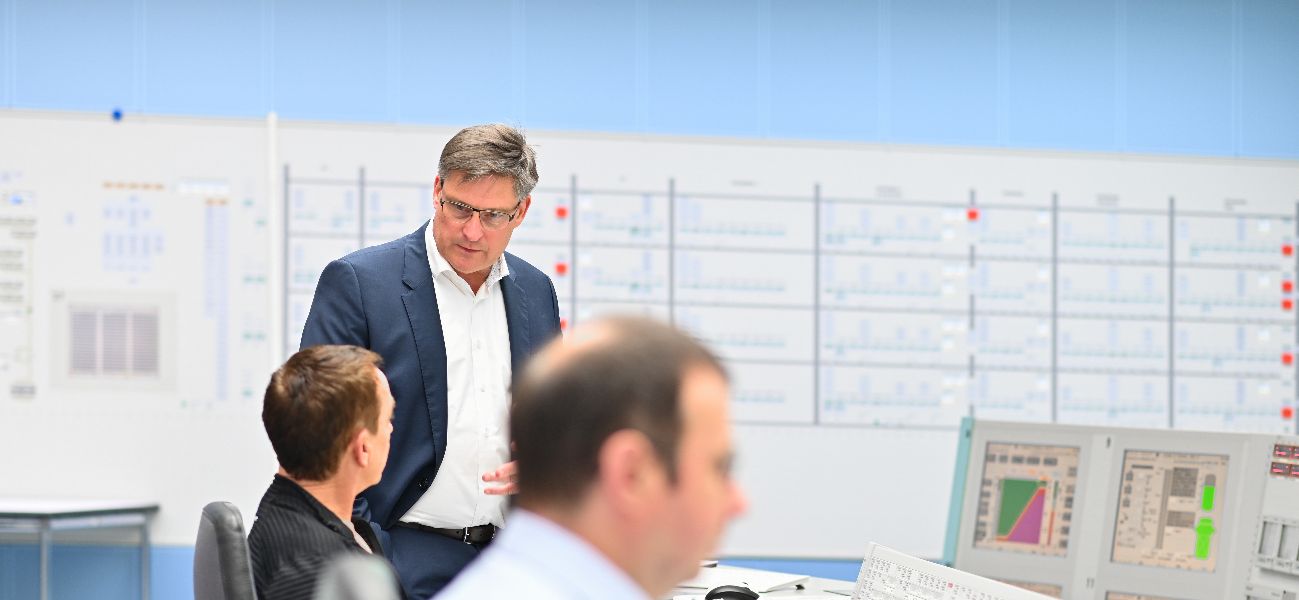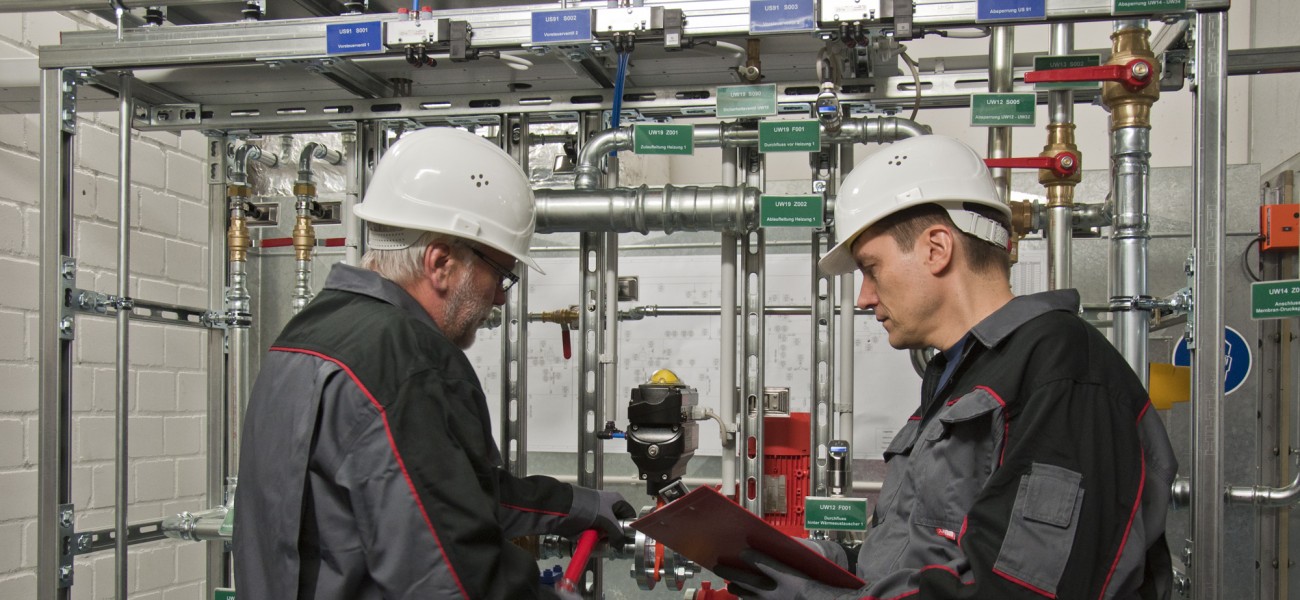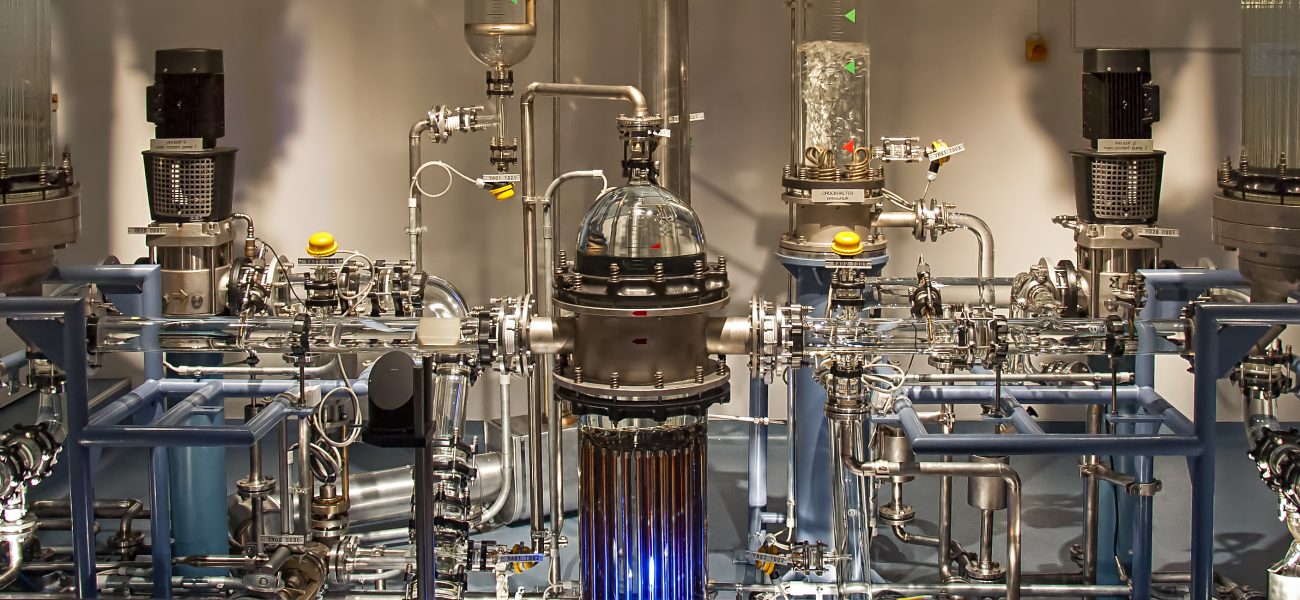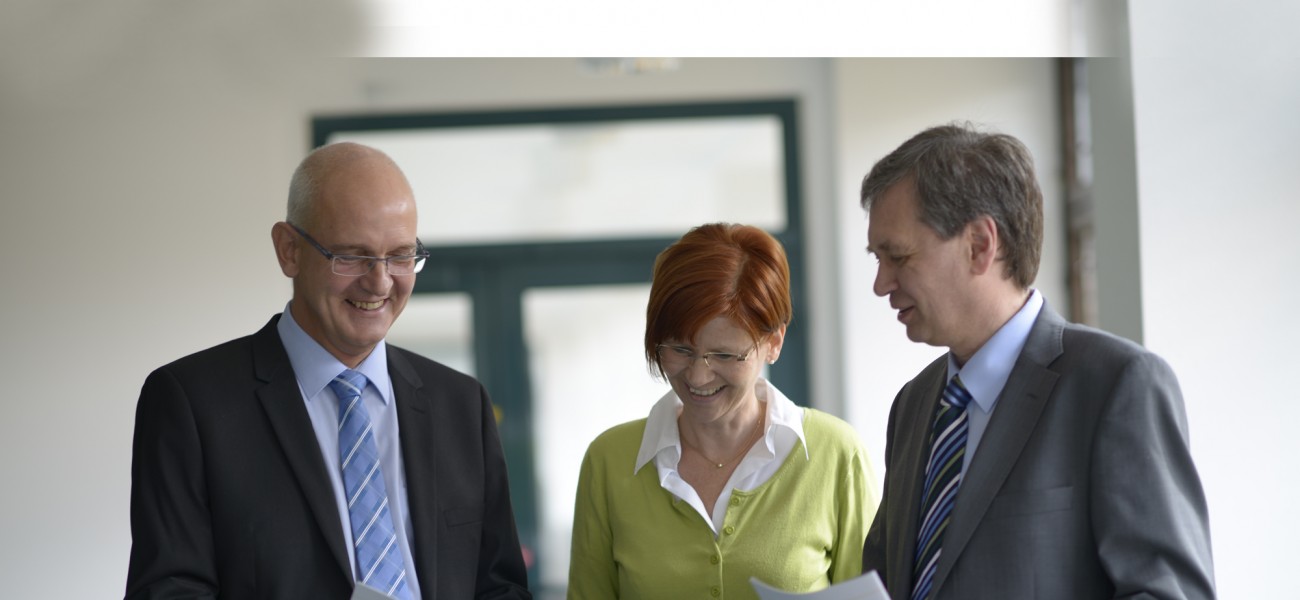Das Simulatorzentrum Essen stellt sich vor
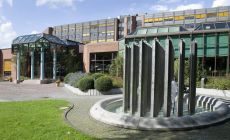
Seit nunmehr 40 Jahren führt das Simulatorzentrum der KSG|GfS in Essen das Simulatortraining für das lizenzierte Personal aller deutschen und eines holländischen Kernkraftwerkes durch.
Während in den ersten Jahren der Fokus auf allen technischen Aspekten der Ausbildung lag, wurde das Spektrum der Schulungsinhalte über die Jahre durch Verhaltenstrainings deutlich erweitert. Erfahren Sie mehr
